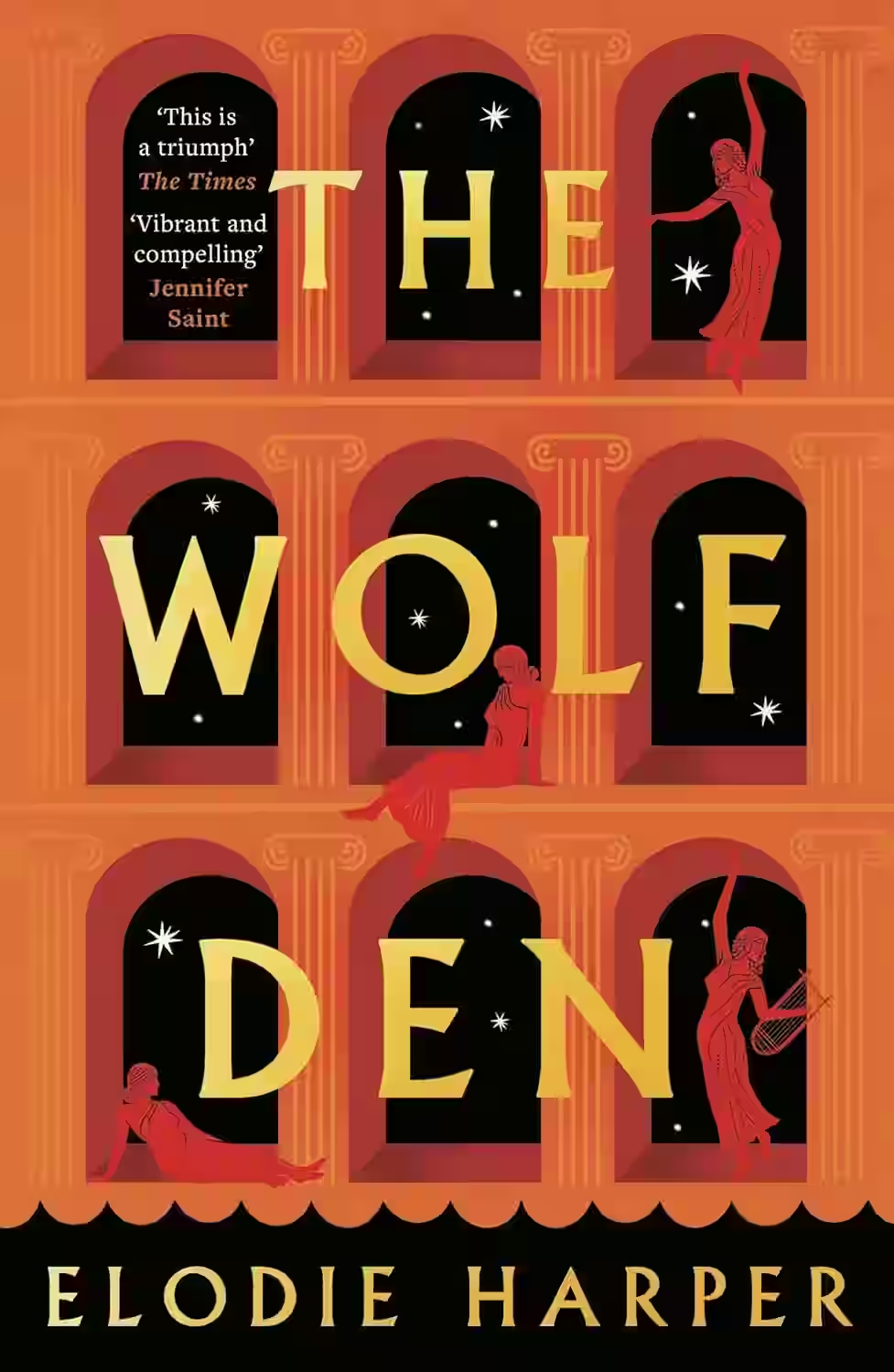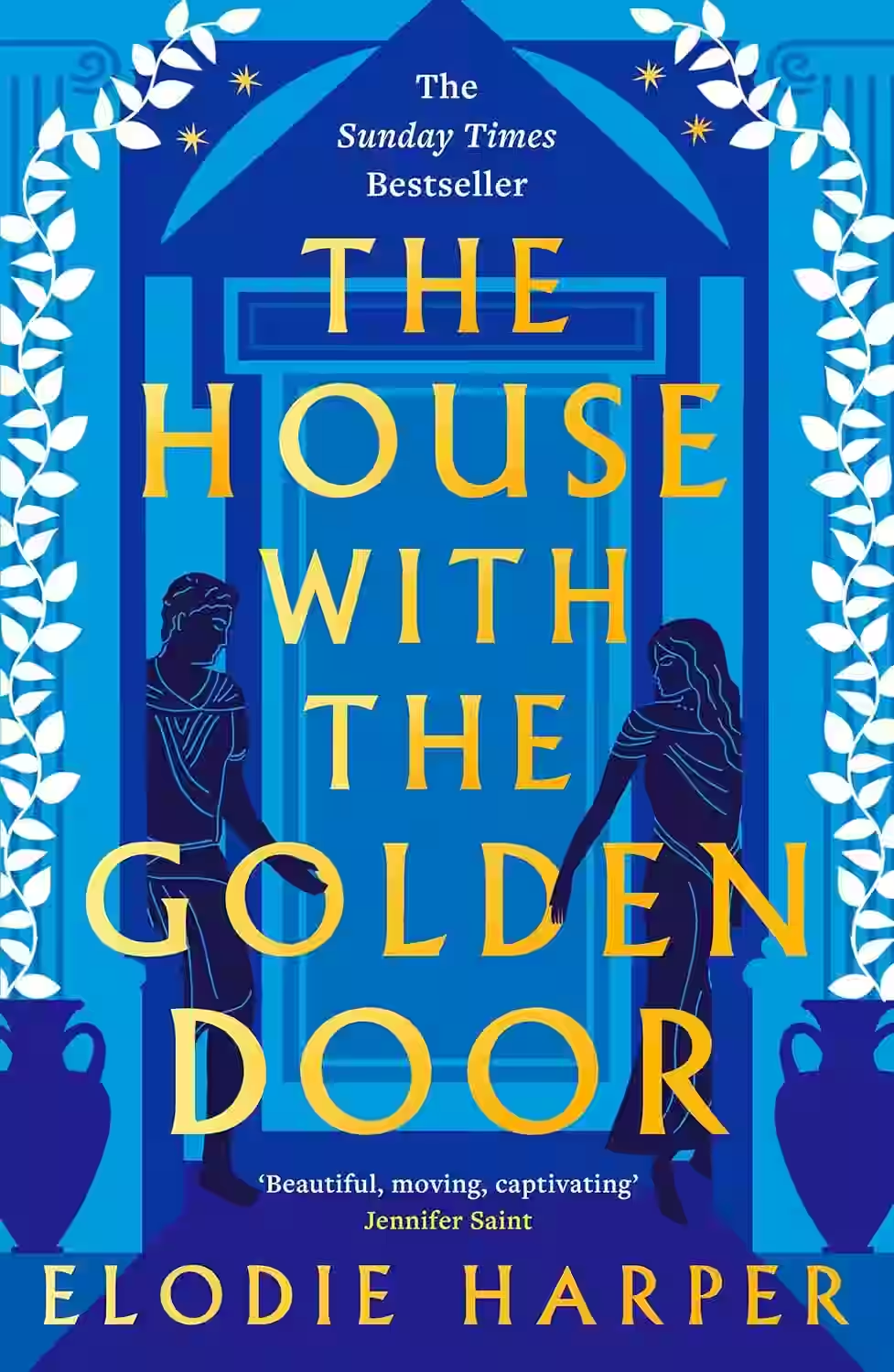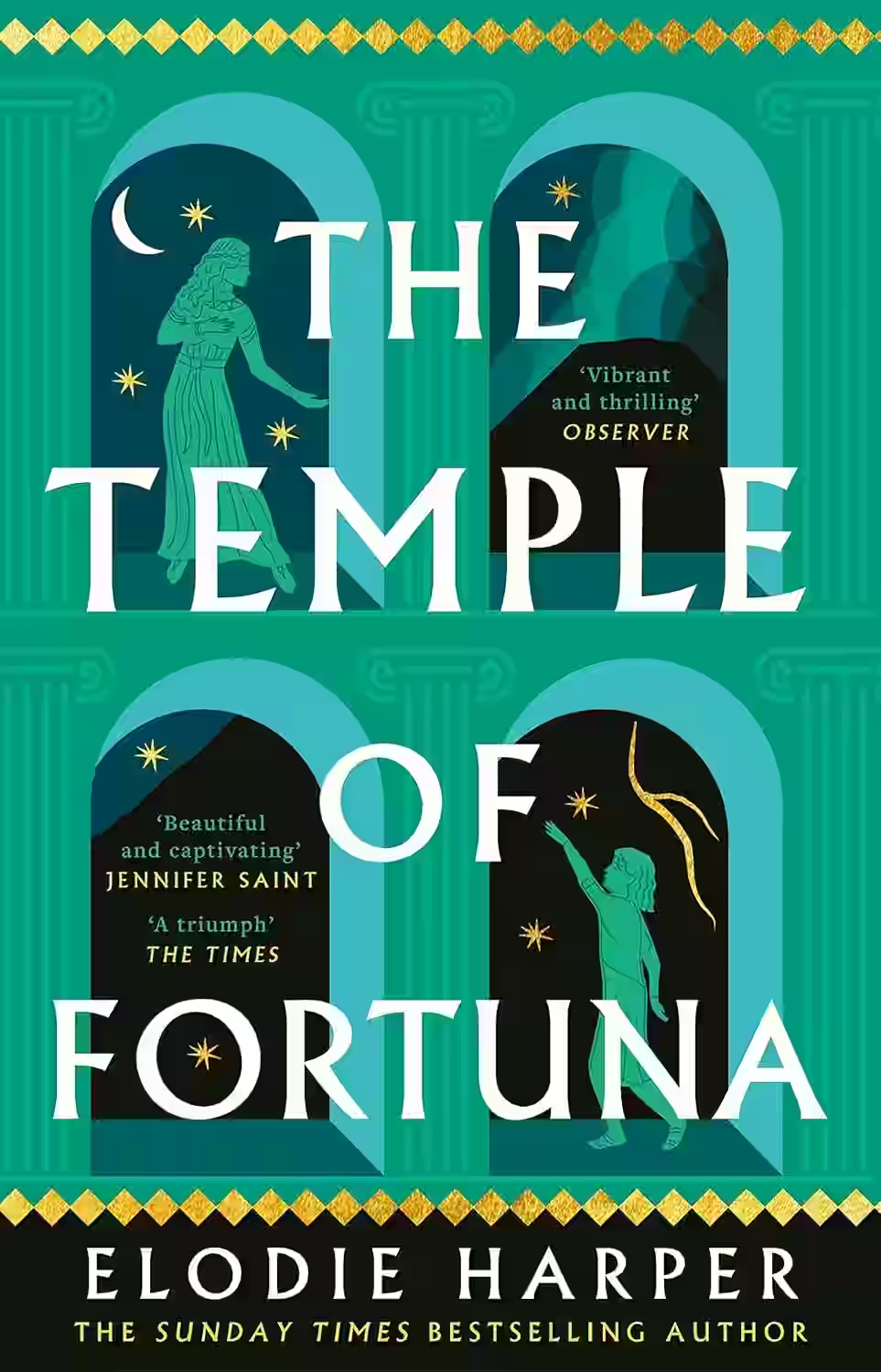Elodie Harper
Elodie Harper is a celebrated British author whose eloquent storytelling and profound exploration of historical narratives have earned her a distinct place in contemporary literature. With degrees in Latin and English Literature from prestigious institutions, Harper has a keen eye for classical themes that infuse her works with depth and authenticity. Among her notable works is the acclaimed 'The Wolf Den' trilogy, which vividly reimagines the lives of women in ancient Pompeii, weaving a tapestry of resilience and survival. Her ability to meld historical accuracy with compelling fiction has resonated widely, impacting both literary audiences and historical enthusiasts alike. Beyond her novels, Harper's journalistic background, particularly with her work as a reporter for ITV News, adds a layer of insightful perspective to her writing. Current reviews celebrate her contributions to revitalizing historical fiction, positioning her as an influential voice in the genre, whose work delves into the intricacies of human vulnerability and strength.

Set in ancient Pompeii, "The Wolf Den" by Elodie Harper immerses readers in the vibrant and perilous world of a brothel and its inhabitants, particularly focusing on Amara, a former doctor's daughter who has been sold into slavery. Through Amara’s eyes, we experience her struggle for survival, autonomy, and friendship in a society that largely commodifies women. Harper’s detailed historical research enriches the narrative, bringing to life the stark realities and occasional triumphs of those trapped by fate. Themes of resilience, companionship, and the quest for self-determination are explored deeply, ensuring readers are both captivated and contemplative about the human condition and societal structures, past and present.

Elodie Harper's 'The House With the Golden Door' serves as a sequel to 'The Wolf Den,' continuing the captivating journey of Amara, a woman who rises against the odds in the deadly and seductive world of ancient Pompeii. Now freed from her life of forced servitude, Amara navigates the delicate intricacies of power, wealth, and independence as she aims to build a life on her own terms. The novel deftly explores themes of freedom, resilience, and the complex socio-political dynamics of ancient Rome. Harper's immersive storytelling and richly detailed prose breathe life into this atmospheric tale, providing a compelling examination of female empowerment and historical authenticity. Readers are left contemplating the bounds of destiny and perseverance in a meticulously rendered historical landscape.

Elodie Harper's 'The Temple of Fortuna' is a captivating historical fiction novel set in the vibrant and tumultuous city of Pompeii. The story intricately weaves the lives of its richly drawn characters against the backdrop of impending volcanic disaster. The protagonist, Amara, is a resilient woman navigating the complexities of love, destiny, and survival. Harper expertly explores themes of fate versus free will, as well as the ephemeral nature of luck embodied by the goddess Fortuna. With lyrical prose and meticulous historical detail, the novel paints a vivid picture of life in ancient Rome, while also delivering a narrative punctuated by tension and emotion. 'The Temple of Fortuna' will resonate with readers who appreciate rich storytelling and well-crafted historical settings.